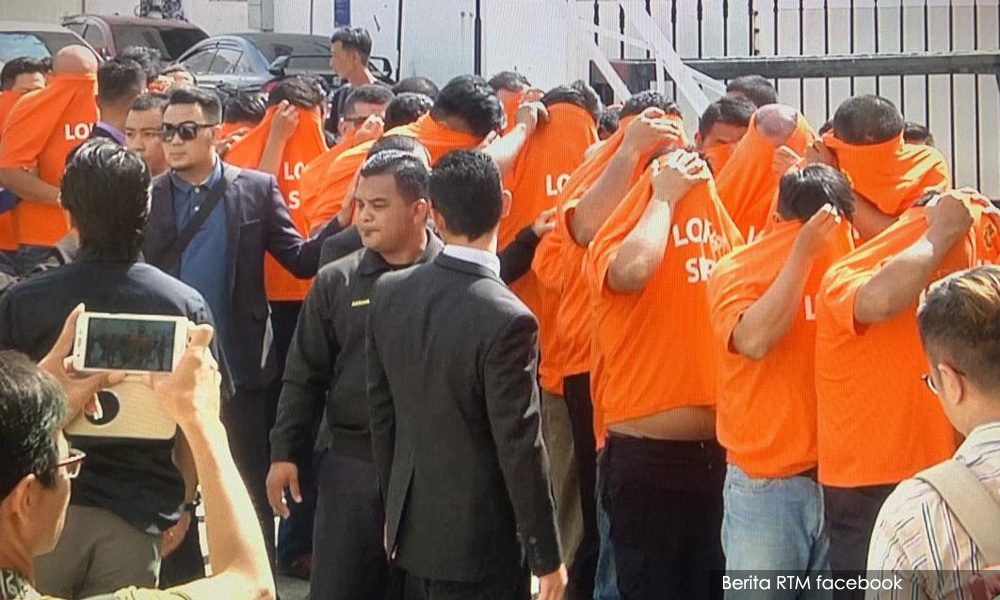
Recently, the MACC arrested and remanded RTD enforcement officers from the Penang state office for allegedly receiving illicit monthly payments as an inducement to not take action against lorry drivers and transport companies who committed road and related traffic offences. As reported in the mainstream media, the payment was also for tip-offs which the companies and drivers received to alert them on RTD enforcement operations.
This corruption scenario is most revolting and totally unacceptable for the public. Many questions need to be urgently addressed by all those responsible including policymakers. This recent spate of arrests of both RTD personnel and middlemen has led to many queries by the people on this matter and the steps that will be taken by the authorities concerned.
Based on this current scenario, many honest and law-abiding citizens are now making assumptions that the probability of corruption among RTD personnel must be rather extensive and the concept of integrity is not part of their work culture and norms.
Furthermore, it is a commonly known fact that fatal road accidents are one of the leading causes of mortality in this nation. Most of the victims of road accidents are youths between the ages of 15 and 40 years old. Now many of us are wondering if the corruption and misconduct of RTD personnel have both, directly and indirectly, contributed to this unwarranted problem.
Obviously, several key questions need to be addressed regarding this recent high profile RTD case and it must be addressed with utmost urgency and swiftly.
Firstly, to what extent is corruption and misconduct prevalent among RTD enforcement and civilian personnel?
Secondly, is corruption and misconduct also prevalent in all the other state RTD offices in our nation?
Thirdly, to what extent are RTD personnel responsible for serious and fatal accidents on the road both directly and indirectly due to their involvement in corrupt acts and misconduct?
Fourthly, how stringent is the selection process of new recruits especially for the RTD enforcement division?
Fifthly, what is the type and nature of training for new RTD enforcement officers?
Sixthly, what kind of on-going training programmes are available for existing RTD enforcement personnel?
Lastly, to what extent do existing bureaucratic issues and standard operating procedures regarding enforcement encourage acts of corruption and misconduct?
The above questions are not necessarily comprehensive but they will assist to address some of the major issues that need to be thoroughly studied and investigated.
Policymakers must understand due to this recent high profile RTD case, the public may now feel more vulnerable and susceptible to being victims of road accidents (especially fatal road accidents) due to the failure of enforcement by RTD personnel.
We cannot go on ignoring the impact of the high number of fatal road accidents as there may be unroadworthy vehicles (especially lorries and busses) and bad drivers due to this lack of enforcement by RTD personnel.
In most cases, corruption prevails solely because of greed and a zero-level of integrity among those on the take. Enough of pondering, it is time to act and crush all on those who are on the take in RTD without mercy.
To those RTD officers not involved in acts of corruption and misconduct, society needs you to speak up. All those corrupted can be replaced regardless of rank.
The MACC must stringently and continuously monitor RTD as their recent bust clearly illustrates that this is not an isolated case but an epidemic.
The writer, P Sundramoorthy is with the research team on Crime and Policing, USM.



No comments:
Post a Comment
Note: Only a member of this blog may post a comment.